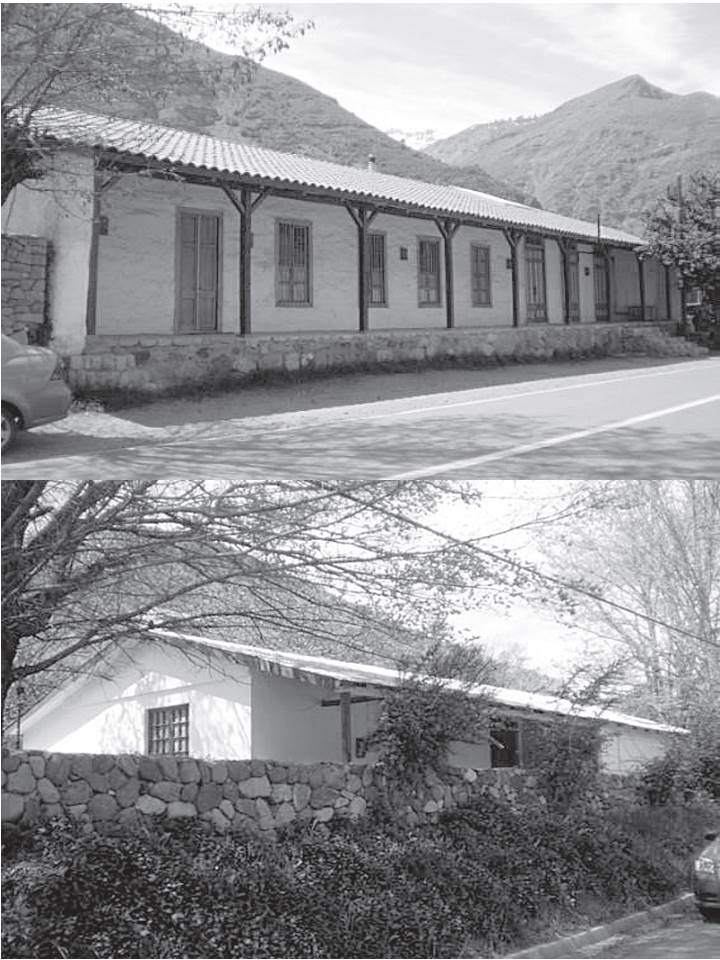Abstract
The importance of identifying our built heritage, which represents the response of our culture, its history and evolution,allows us to reflect on its importance regarding cultural identity. But this manifestation is not always recognized inthe basic unit which is housing, since it is often unperceived within the context in which it is located. Understandingthe materialization of this as man’s relationship with space and territory through ways of living adapted to the times,understanding not only the cultural but also the economic as well as social aspects and risks involved in the territorialsettlement can prove that traditional architecture is a response to the different variables that are part of a culturalidentity. Through the architecture of San José de Maipo we show the significance of the response of housing in theidentification of cultural identity and heritage that we should not fail to appreciate because of the relevance in thereflection of the history of peoples.Apuntes is registered under a Creative Commons Attribution 4.0 International Public License. Thus, this work may be reproduced, distributed, and publicly shared in digital format, as long as the names of the authors and Pontificia Universidad Javeriana are acknowledged. Others are allowed to quote, adapt, transform, auto-archive, republish, and create based on this material, for any purpose (even commercial ones), provided the authorship is duly acknowledged, a link to the original work is provided, and it is specified if changes have been made. Pontificia Universidad Javeriana does not hold the rights of published works and the authors are solely responsible for the contents of their works; they keep the moral, intellectual, privacy, and publicity rights.
Approving the intervention of the work (review, copy-editing, translation, layout) and the following outreach, are granted through an use license and not through an assignment of rights. This means the journal and Pontificia Universidad Javeriana cannot be held responsible for any ethical malpractice by the authors. As a consequence of the protection granted by the use license, the journal is not required to publish recantations or modify information already published, unless the errata stems from the editorial management process. Publishing contents in this journal does not generate royalties for contributors.


